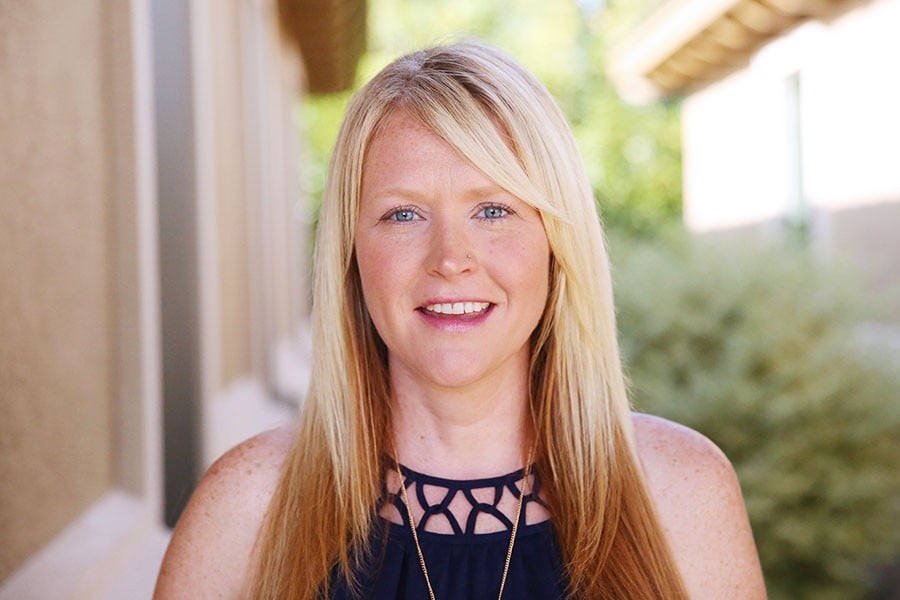Can Relationship Counseling Hurt Your Marriage?

 Listen to this article
Listen to this articleThere are instances when continuous relationship conflicts between partners result in causing rifts between partners, eventually leading to divorce. But some couples consider divorce is not an option and try other ways to address their relationship issues.
Relationship counseling, for instance, is one of the best ways to help couples find near-to-perfect solutions to handling their problems. And, if you ask your friends and families for answers, one of the things that they will suggest to you is to seek out marriage counseling services.
Without knowing or otherwise, in some cases, people have faith in the expert knowledge of the therapists.
But, understanding the whole purpose of couple counseling only will guide you in asking the right questions and extracting the right solution befitting your problem. After all, every relationship is unique, so are their problems and their respective solutions.
What is relationship counseling
Relationship counseling is a type of talk therapy. Here both the partners get a chance to explore the different dynamics of their relationship and understand the types of individual interactions.
Through several private and secure talk sessions, the relationship counselors will lead the partners through their problems gradually.
Talking through your problems helps in a better understanding of the issues and discover alternate ways to address them.
During arguments, fighting couples tend to use most inappropriate words, but they come out in the heat of the moment. The choice of words used in a conversation or during arguments can solve or aggravate the nasty situation.
Reflecting on the same situation later will make you realize how immaturely you had behaved. Also, how inappropriately you have handled the situation.
In relationship counseling sessions, the therapist will help you to see the issues from a different perspective and guide you in handling such cases in a better way.
Couples therapy vs. marriage counseling
Before delving deeper into the benefits and effectiveness of relationship counseling, it is important to understand the difference between couples therapy and marriage counseling. People usually mix up these two terms. But, let me assure you there is a thin line of difference existing between them.
So starting with relationship counseling or marriage counseling –
Marriage counseling focuses more on the present chain of events and does not venture out into the history of the couples. Remedies or solutions are offered for ongoing challenges. It is more like addressing the side-effects of the disease called Cancer but ignoring the primary disease itself.
Couples therapy, on the other hand, will deal directly with the root cause of the relationship conflict. Couple counselors feel that every problem dealt with at present has a history that has contributed to creating the unhealthy patterns in the relationship.
Both are ongoing processes, depending on the troubled couples themselves. And, both share a common goal, i.e., to help couples fight and overcome emotional and psychological hindrances to their marriage.
Moving on, let’s deal with the next important question in line for discussion – Does marriage counseling work? Or does couples therapy work?
How effective is marriage counseling
The main objective of relationship counseling is to help your marriage. The success rate of marriage counseling is quite promising.
For example –
According to the American Association of Marriage and Family Therapists, 93% of the patients surveyed, agreed that they got the right help they needed. Also, 98% of those surveyed were satisfied with the overall counseling experience.
But validating the effectiveness of counseling for relationships is difficult. Also, it depends largely on the responses given by the couples taking those sessions. And, like what relationship and marriage expert, Dr. Gottman says, timing is everything to decide whether or not marriage counseling works.
Some couples choose relationship counseling only when they encounter major relationship crises. But, for the most part, counseling is pursued when either or both parties are thinking about separation or divorce.
Again, some couples avoid conflicts entirely to prevent bitterness from creeping into their relationships. But, Michele Weiner Davis, the author of The Divorce Remedy, points out that the practice of avoiding conflicts backfires in interpersonal relationships. Such people, if dragged to relationship counseling sessions, are highly unlikely to respond accurately to the Therapist’s questions.
Hence we can say, counseling can be useful in repairing the relationship. But there are instances where the actions of one or both parties will sabotage the counseling process and hurt the marriage even further.
Does marriage counseling work?
As mentioned earlier, the success of marriage counseling depends mainly on the kind of responses the couples give in each session.
Let’s understand the different types of reactions one can witness during such couples counseling sessions.
1. Someone is not interested in counseling
Relationship counseling works best when both husband and wife agree to pursue counseling to deal with the issues in the marriage. If one person is not interested in the process, then counseling can become more difficult than it needs to be.
During counseling, couples are required to share their issues, listen to each other and do the necessary homework that is needed to repair the marriage. If one person is not invested in the process, the necessary results will not be apparent.
2. Someone does not want the marriage to work
Sometimes one or even both persons in a marriage have resolved in their minds that the marriage is at an end. Whether to appease the other spouse, family members or for religious reasons, counseling is pursued.
Where someone is of the opinion that the marriage is at an end, he or she will not see the relevance of counseling and will just be going through the motions.
This can easily frustrate the other partner, the counselor as well as the counseling process.
3. Someone has ulterior motives
The reason for relationship counseling is for both persons to seek the help of a third party and work together to repair the relationship.
Counseling is teamwork with a mutually beneficial objective.
However, where someone has an ulterior motive, such as proving that he or she is right, hoping to tell the spouse what they want, then counseling will be less effective. In some instances, a spouse may use counseling as a way of telling the other that he or she wants a divorce or that he or she is having an affair, the hope is that the other party would be restricted by their response while in the company of a third party.
Whatever the ulterior motive, this can create further harm. And, there are some external factors such as a biased relationship counselor.
4. A biased marriage counselor
The ideal marriage counselor is one who is unbiased and who works in a neutral position to help the couple resolve their issues.
However, where a marriage counselor presents, whether apparent or otherwise, actions or words that will allow one of the spouses to believe that the counselor is on one side, the counseling process is in jeopardy.
This can happen in situations where the counseling is managed by an individual who has known the couple or a marriage counselor who was selected by one spouse without the input of the other spouse.
 Tips
Tips
Write your tip or submit a video tip
All tips are reviewed before the publishing.
Share this article on
Want to have a happier, healthier marriage?
If you feel disconnected or frustrated about the state of your marriage but want to avoid separation and/or divorce, the marriage.com course meant for married couples is an excellent resource to help you overcome the most challenging aspects of being married.

 Reviewed By
Reviewed By
























 We'd love your feedback!
We'd love your feedback! Thanks for your feedback!
Thanks for your feedback!
